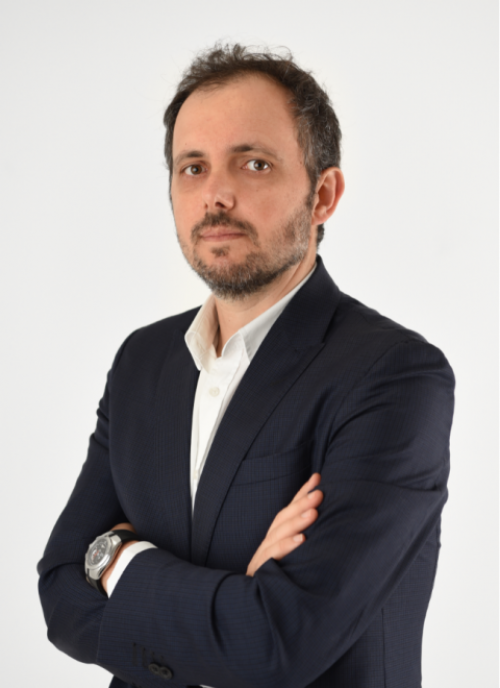Wealth
Knowing your wealth is essential for good financial planning. Equity is understood as a set of assets, financial and non-financial, also taking into account indebtedness. In a broader definition, it can also include expected income and expenses and liabilities assumed.
With these data we were able to build the holistic balance. An essential document for us to understand where we are, what our global and net equity position is, and keep our assets and liabilities in mind.
Measure and source of wealth
Knowing your wealth is also knowing how it was built and in what order of magnitude. We must therefore ask the following questions:
- Is the property held a result of inheritance?
- Does it result from work and systematic long-term savings?
- Is current assets sufficient to meet future needs?
- Does it depend (the investor) on the evolution of financial investments to maintain the lifestyle?
The answer to these and other questions are some of the resources we will work with to build a financial plan that is adjusted and suitable for each individual, family or institution.
Concentration of assets and core assets
Knowing and evaluating the assets is also vital to, for example, understand the degree of concentration of it or which assets we may consider more or less important. Or to prepare the transfer of assets between generations.
Then there is a whole set of strategies that can be developed and adapted to each situation, using the best financial model.
Asset concentration
It is common for assets to be concentrated in one or a few assets. It can be an interest in a company but also in real estate or another type of investment.
At some point it is necessary to evaluate this position, monetize it (turn it into money) or even define protection strategies.
Diversification and even generational transfer objectives may be at stake.
Business and real estate
Preparing to sell a business or real estate.
- What to do before and after the sale?
- When is the best time to sell?
These are issues that arise regularly and must be contextualized in a global vision of the heritage and always aligned with the established objectives.
Human capital and financial capital
In building the holistic balance we must consider these two dimensions.
- Human capital is defined as the current value of future income from work or activity.
- Financial capital is made up of the most physical assets such as money, real estate, cars, financial investments, gold, art, among others.
Taking these two dimensions into account allows us to have a clear view of the current net asset value of an individual, family or organization.

Vítor is a CFA® charterholder, entrepreneur, music lover and with a dream of building a true investment and financial planning ecosystem at the service of families and organizations.
+351 939873441 (Vítor Mário Ribeiro, CFA)
+351 938438594 (Luís Silva)
Future Proof is an Appointed Representative of Banco Invest, S.A.. It is registered at CMVM.

